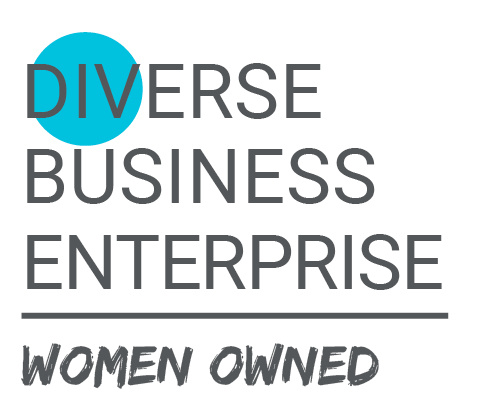Tips for Getting What You Want
How you negotiate your offer letter is your second first impression and it’s a two-way street. Whether you’re the prospective employee or employer, these tips will help keep your offer process sailing smoothly and focused on the future.
Be Clear Early On
Before too much time is invested, make sure you’ve laid some of your cards on the table. A potential employer should have a good idea of the compensation range you’re targeting, and a potential employee should know before they see an offer that it would be in the ballpark they’re looking for.
Get All the Facts
Base salary, bonus, and vacation are a great place to start but there’s more to total compensation package. Here’s a few other details that will be important:
• Merit/increase potential: when does eligibility start and what are the averages
• Bonus potential: what determines bonus, eligibility, and average payout
• Vacation renewal: annually or anniversary date and can it be rolled over
• Sick time: expectations around when its used, if working from home while sick is acceptable
• Personal time: how and when is it used, what flexibility does the schedule/culture offer (ex: if you have a doctor’s appointment and you’ll miss 30 minutes of work, are employees expected to use PTO?)
• Medical, dental, vision, and FSA/HAS: weekly costs, employer contributions, eligibility dates
401k: eligibility date and employer contribution
• Equipment: cell phone, laptop, keyboard, mouse
• Fringe benefits: car allowance, mileage reimbursement (and rate), company credit card
Be Excited
Regardless of the content of the offer, share your excitement over the opportunity and keep the focus of your negotiations on the future.
Understand Why a Negotiation is Necessary
In our experience, organizations usually put together a strong offer they believe the candidate will accept. So, negotiating for the sake of negotiating usually doesn’t go over well. Remember, offer negotiations aren’t happening with a sales team who’s playing a game of poker—it’s an administrator or a Human Resources professional—they aren’t trying to lowball, they are trying to be fair.
Here are a few times we think it’s always acceptable to negotiate:
• Some form of the offer letter is below expectations that were originally discussed: salary, vacation, bonus
• Eligibility for a part of your total rewards package results in an overall loss. For example, if you’re not eligible for an increase for 18 months, or you’re not eligible for a 401k match for a year then it would be acceptable to ask for an increase to the salary.
• Scope creep: if the role has changed throughout your interview process and more scope and responsibility has been added to the role, it would be acceptable to ask for an increase in the base salary and/or change in title.
• Culture shifts: If vacation, personal, or sick time is used dramatically different than expected, asking for more would be appropriate.
• Counteroffer: If a candidate’s current employer counteroffers, another counteroffer is appropriate.
Share the Why
The worst way to negotiate an employment offer is to do so without fact, reason, or cause. Always make sure the why is clearly discussed and keep excitement focused on the opportunity.
Consider the Options
Laying out a few options for negotiations takes the intensity down several notches. Here’s a few examples:
5% increase in salary or $5,000 sign-on bonus
Extra week of vacation or $2,000 increase to base salary
Be Timely
Always respond to an offer or negotiation well before the set timeframe. The longer it takes, the more the engagement drops from the employer and the candidates.
Finally, remember at the end of the day, the offer is only the start of a new journey and it’s a fluid process to finding the right balance. Do you have an amazing negotiation tactic you’d love to share? Tell us in the comment section!














